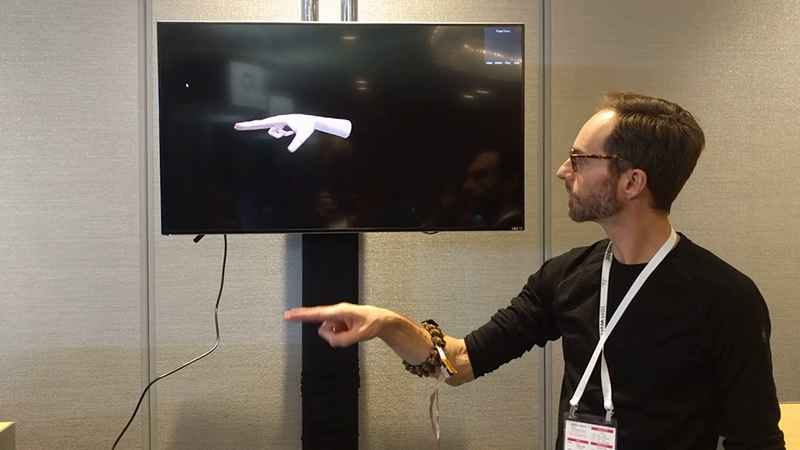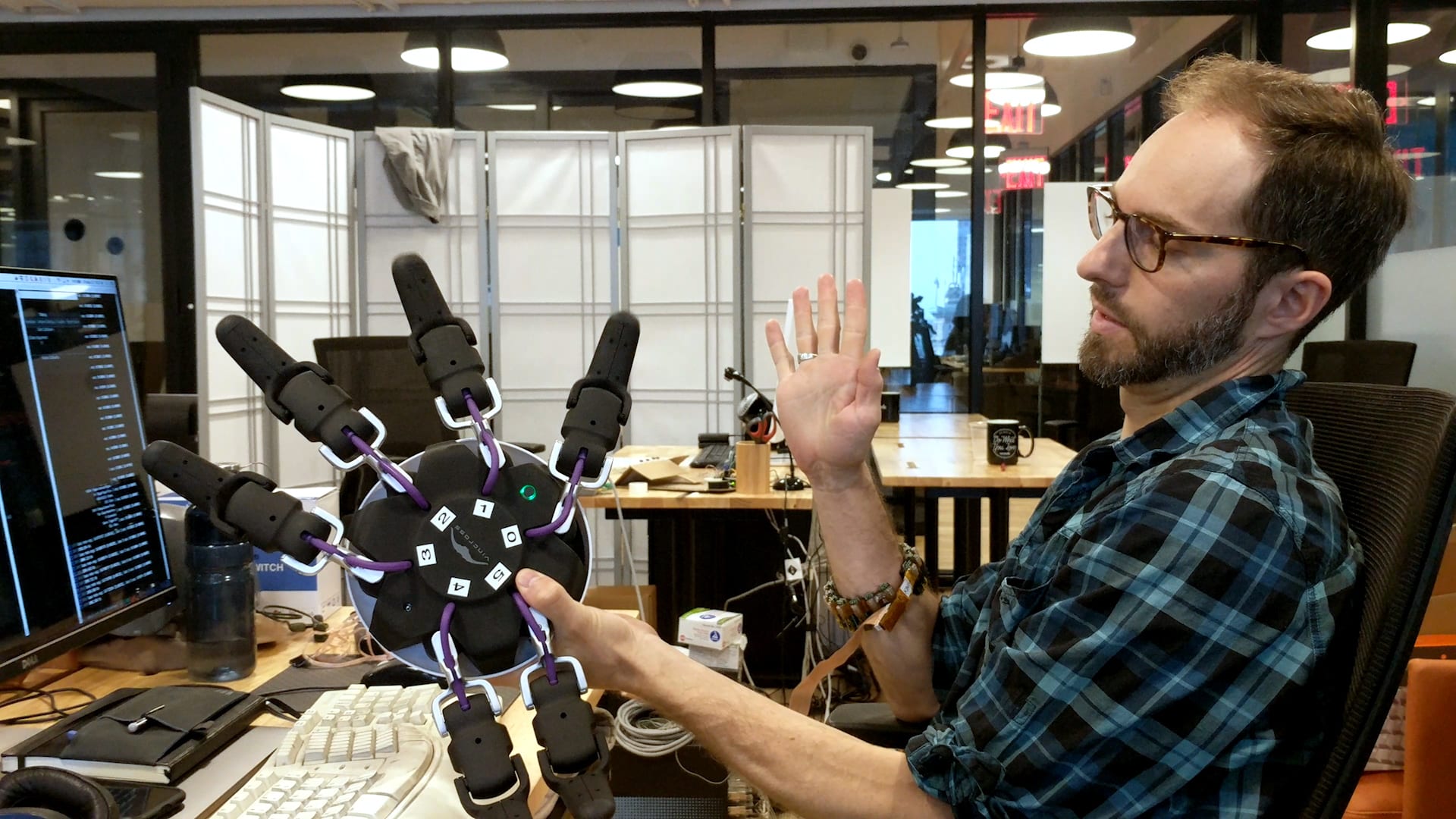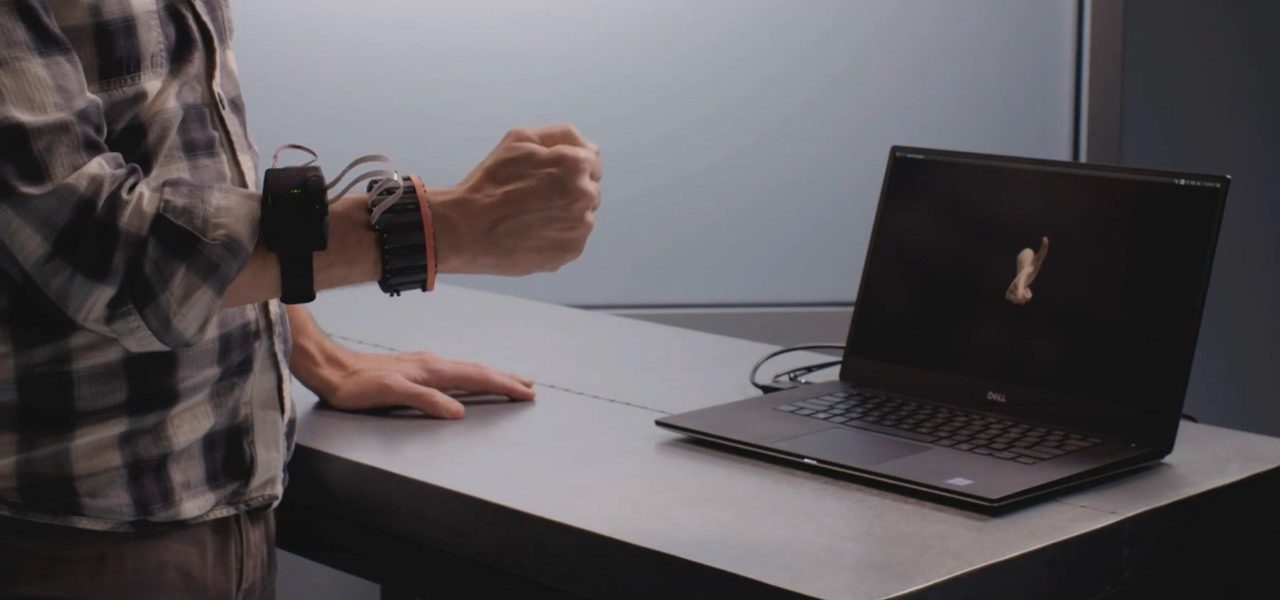Facebook is set to acquire a US based startup, called CTRL Labs, which is developing technology to let people control electronic devices with their brains.
Andrew Bosworth, Facebook’s head of virtual reality and augmented reality, said in a post on Monday that the acquisition will help build “more natural, intuitive ways to interact with devices and technology”.
According to sources, Facebook will pay about $1 billion for the purchase: the same price it paid to acquire Instagram in 2012.
For now, however, Facebook has declined to comment on the price of the deal (which has not yet closed).
What Unique Technology Is CTRL Offering To Facebook?
CTRL-labs is a startup working on the development of neural interfaces that re-imagine how humans and machines collaborate. Their main idea is to use “neurotechnology”, a technology that connects human thoughts to computers.
What CTRL is offering to Facebook is a device named the “Myo armband,” a gesture and motion controller that is to be worn around the wrist.
CTRL will now become a part of Facebook’s Reality Labs Team.
Mr. Bosworth said, “Here’s how the technology will work: You have neurons in your spinal cord that send electrical signals to your hand muscles telling them to move in specific ways such as to click a mouse or press a button.”
“The wristband will decode those signals and translate them into a digital signal your device can understand. It captures your intention so you can share a photo with a friend using an imperceptible movement or just by, well, intending to.”
Also Read: Are Millennials Afraid Of Watching Facebook’s Original Web-Series For Fear Of Users’ Data Misuse?
The Hype For Neurotechnology Is Growing Intensely
The idea of using brain waves to control devices has popped out of science fiction and into venture capital circles faster than the speed of light. Even though the industry is in its early stages, the hype for it is real.
In July, Neuralink, the company founded by Tesla chief executive, Elon Musk in 2016, talked of “human symbiosis with artificial intelligence” where humans can actively interact with machines using their minds.
This is the kind of technology that we all grew up watching in movies like The Matrix and Star Trek, hoping that one day in the future it becomes a reality. Well, the future is here.
“The field is moving very fast,” CTRL-labs’ chief executive Thomas Reardon said in an interview. “We can do things we could not have contemplated just five years ago.”
Neurotechnology: The Moral Dilemma
Many ethical questions come into play when such technology becomes the talk of the town.
If we can control the electronic devices using our brain waves, there is a chance that frequent use of these devices might slowly cause alteration in our brain waves.
CTRL claims to use non-invasive technology that does not require surgery, but the importance of neurotechnology is being widely discussed in the medical world too.
Neurotechnology-based interference with brain activity can be very effective, allowing for the successful treatment of brain disorders. This approach complements traditional treatment methods, and it often leads to a significant improvement in quality of life.
But, one has to understand that these interventions change the brain and its functions—either as a desired result of therapy or as an unwanted side effect.
In extreme cases, interventions in the brain can rapidly or irreversibly alter a patient’s personality and character.
These cases also open the debate on the rights to mental privacy and cognitive freedom.
Soon, you could be blasting a hundred words a minute on your smartphone with your hands in your pockets.
Will the technology be a curse on humanity or a blessing in disguise? That depends on how we use it. Hopefully, we will use it for the best.
Image Credits: Google Images
Sources: Financial Times, CNBC, NCBI +more
Find the author on Twitter: yuksxo
Other Recommendations:
Artificial Intelligence Judges: Will Justice Be Done By Robots?








































